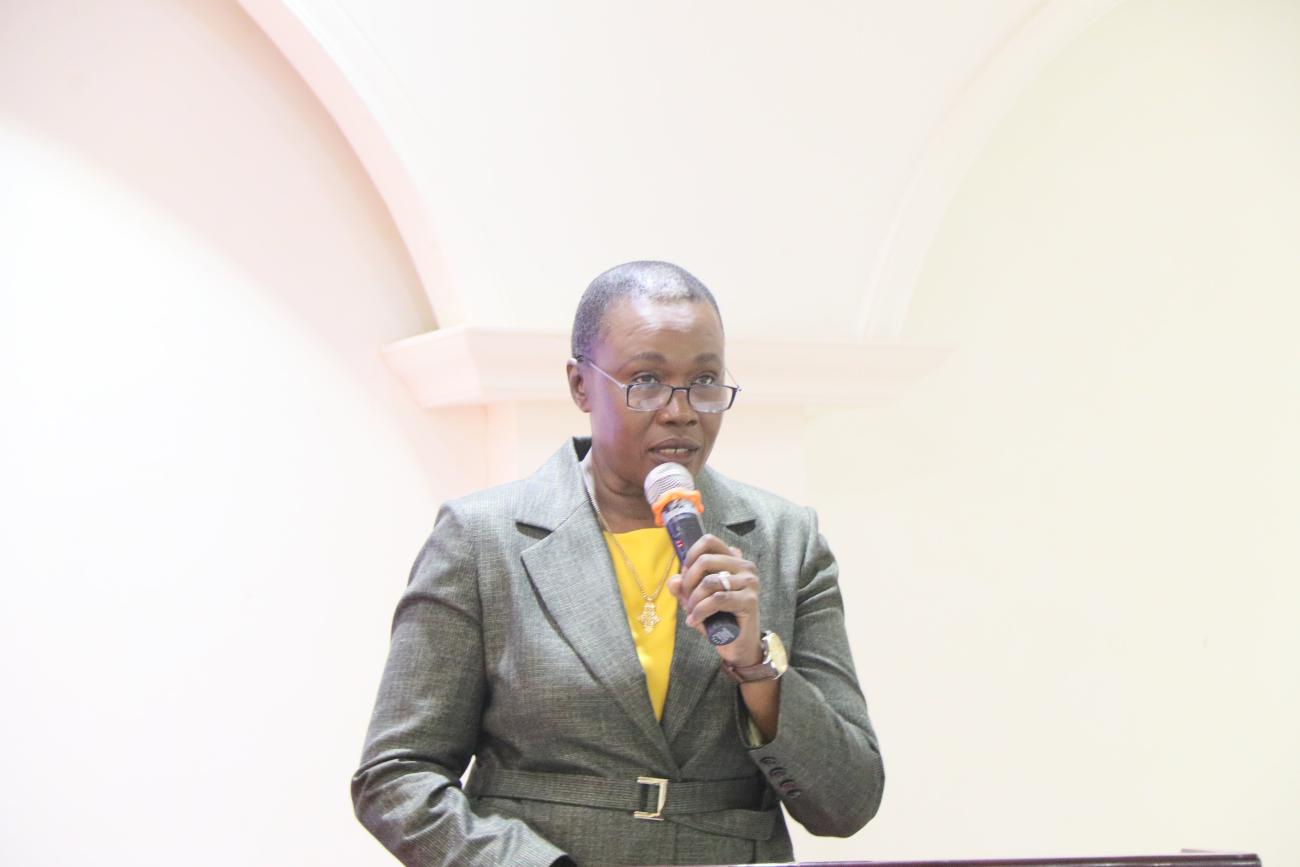The Republic of South Sudan under the leadership of the Ministry of Gender, Child and Welfare has approved the second National Action Plan UNSCR 1325 on Women’s Peace and Security.
Fifty-two stakeholders from UN agencies, government, civil society and faith-based organizations gathered at the Crown Hotel in Juba March 2 and March 3, 2023, to review and provide inputs to the plan.
“The government is proud to have completed the review of the National Action Plan,’’ said Minister Aya Benjamin Warille. “This report calls for increased participation of women’s leadership, integration of gender perspective in UN Peacekeeping operations, respect for the rights of women and girls during conflict and fight against sexual and gender-based violence.’’
Since 2015, UN Women with support from the peace building fund supported South Sudan in developing its National Action Plan. The first NAP was approved in 2015, but the resurgence of the conflict a year later, slowed the implementation (2015-2020).
Despite the delay, South Sudan showed some progress such as women’s involvement in the implementation of the 2018 Revitalized Agreement on the Resolution of the Conflict in South Sudan; women appointments in executive positions like Vice president, defense and veteran affairs ministry, deputy speaker of the council of state, state governorship, and speaker of government positions; and increasing the affirmative action quota for women’s representation from 25 percent to 35 percent.
The revised resolution (2023-2027) calls on the government to fund the implementation of the NAP instead of depending on donors. The NAP will also be developed at the state and local level, so that activities focus more on the realities of local communities.
UN Women Country Representative Peterson Magoola lauded the Ministry of Gender and Child Welfare for taking the lead in finalizing the document. He encouraged the government to include recommendations from the three-day International Conference on Women’s Conference on Transformational Leadership, held in February to inform the implementation of the second NAP.
Julius Egbeyemi, charge d’affaires of the Embassy of Canada, said some provisions of the NAP are in line with the roadmap on the extended peace agreement. He pledged his government’s commitment to supporting women, peace and security in South Sudan, noting that Canada was recently elected board chair of the Women, Peace and Security sector.
“South Sudan is on its way,’’ he said. “We know how important women are to the peace process. We need to work with the government to continue to break down the barriers that prevent women from participating in the peace process.’’
Former Minister of Defense Angelina Teny thanked UN Women, Canada and other international partners for their continued support to advancing women’s rights. She also thanked the Ministry of Gender, Child and Social Welfare for guiding the NAP process. She was pleased that the second NAP includes provisions for creating a coordinating secretariat to ensure that the plan is implemented.
“We have a lot of homework to do in terms of creating awareness about women, peace and security, so that it becomes like any national issue,’’ Teny said. “We must make sure that all government institutions are involved. How do we reach the rural areas, how do we get the states involved?’’





